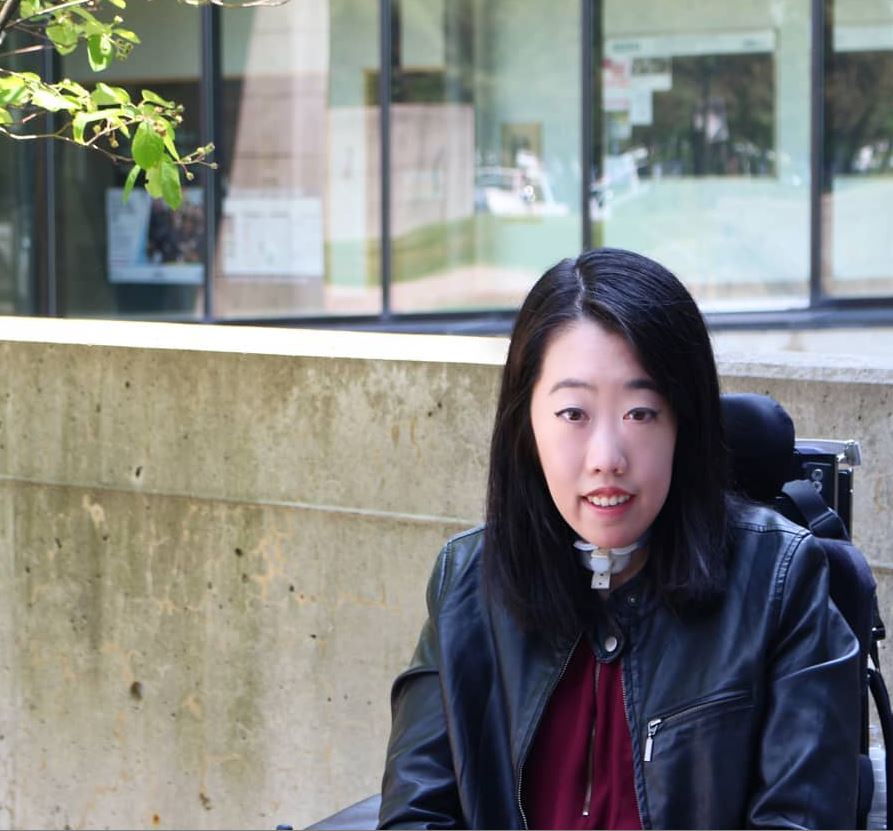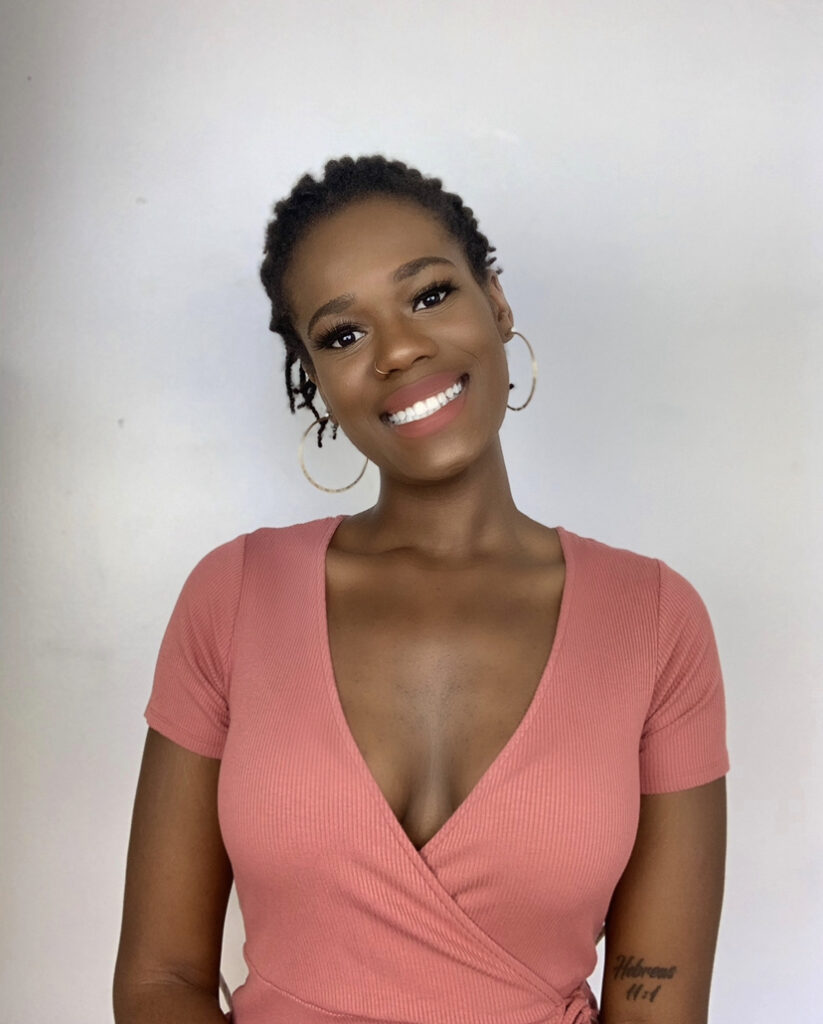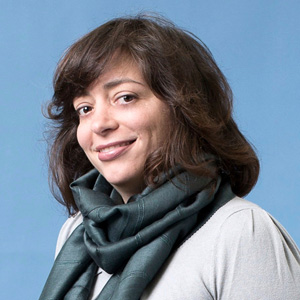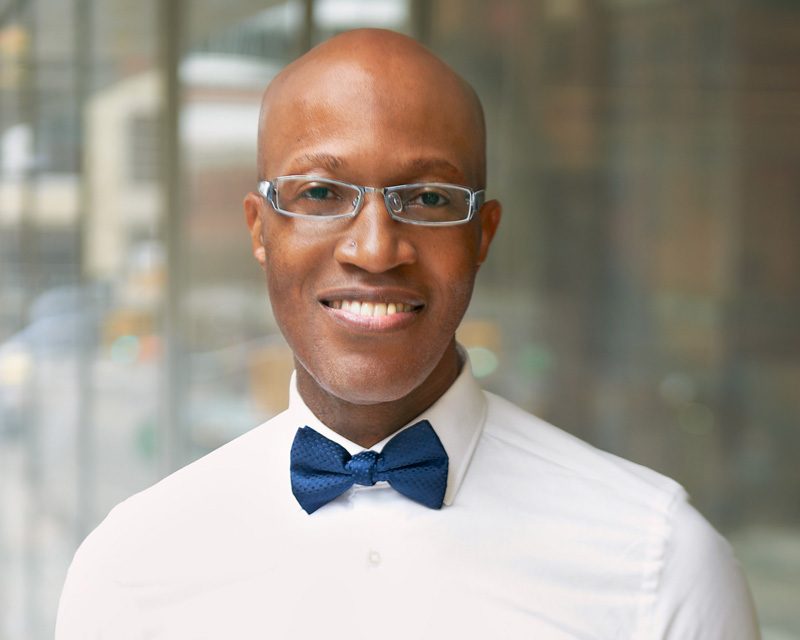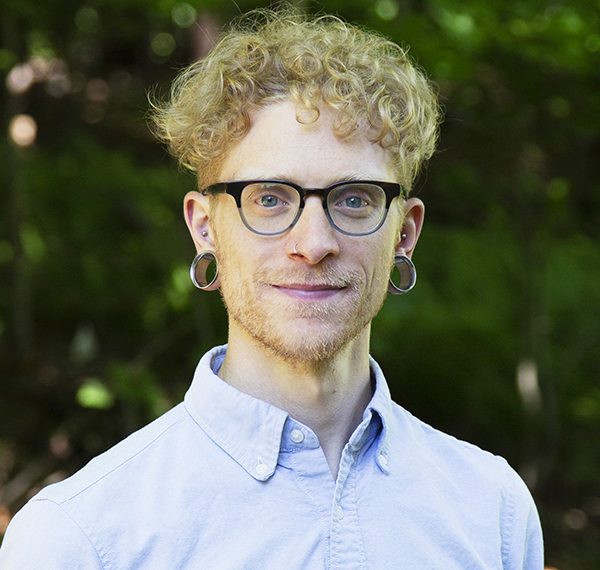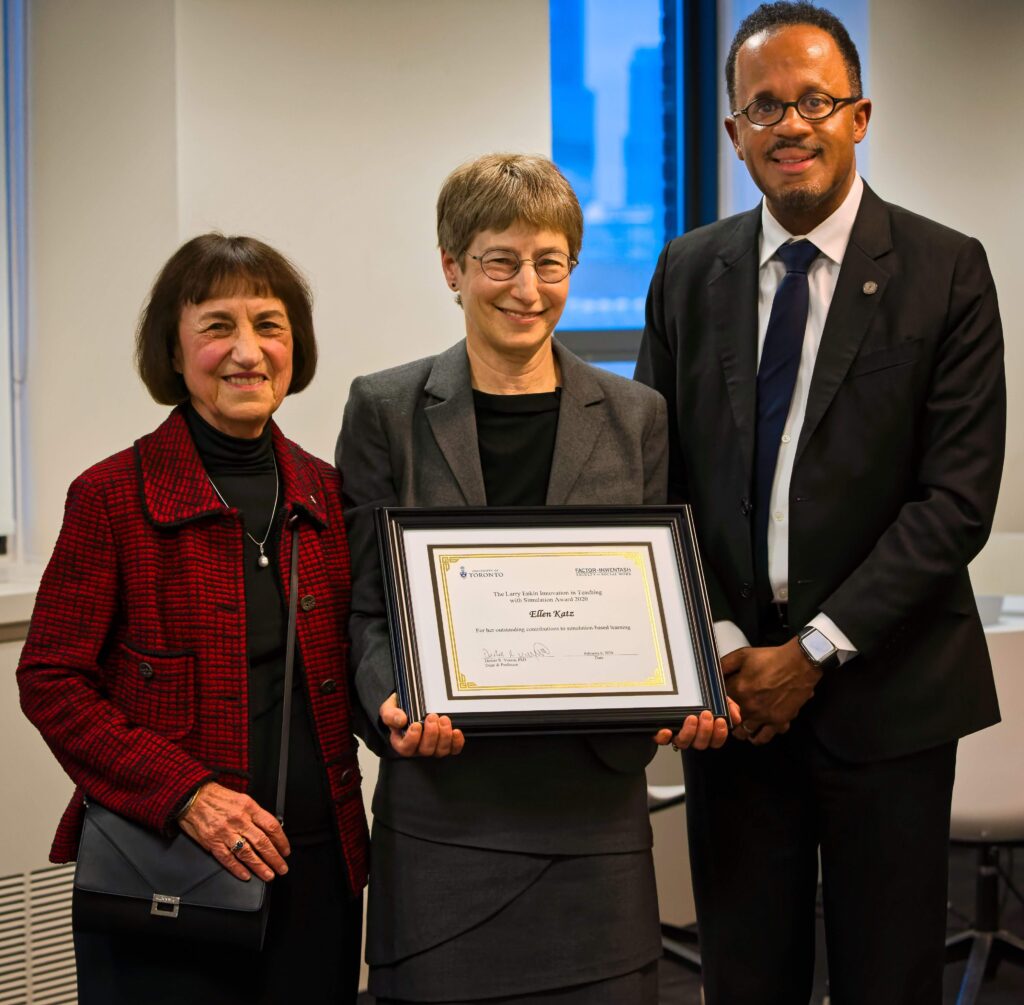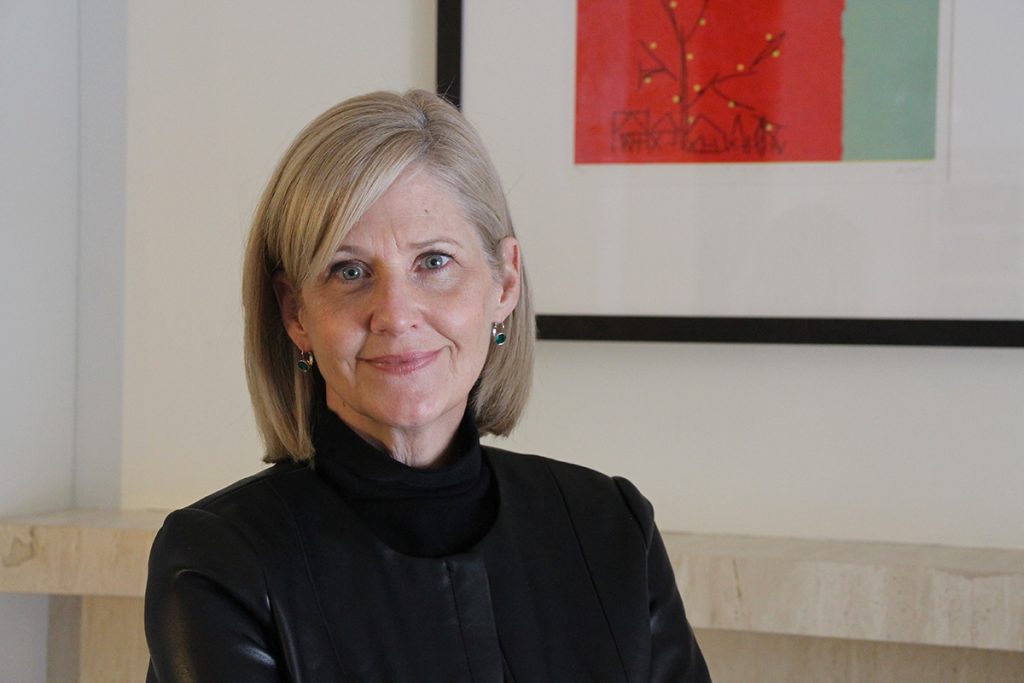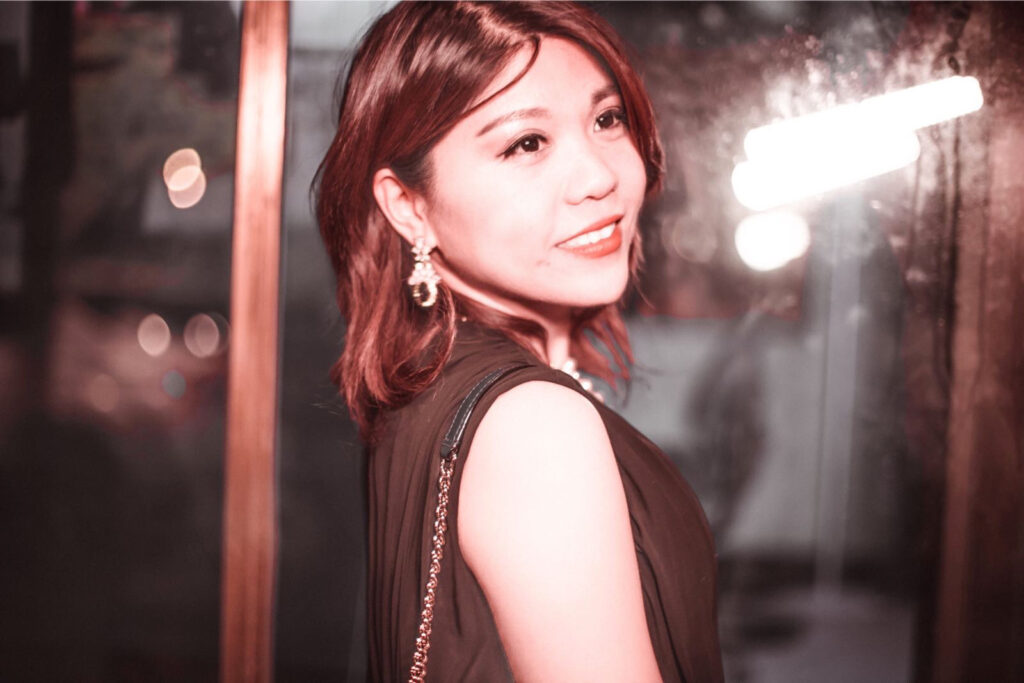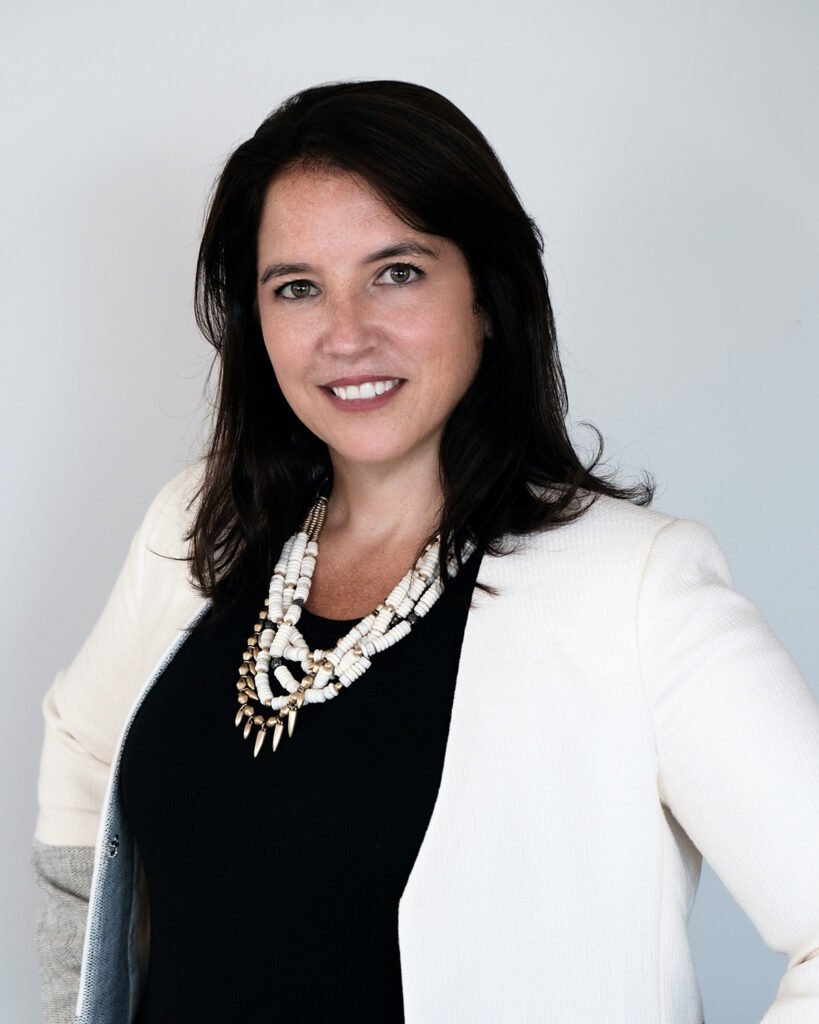Back to school 2020: 3 questions for students and faculty
Classes will be held virtually this fall, but that shouldn’t prevent the newest member of the FIFSW community from getting to know their colleagues. To help, we asked some of the students and faculty who participated in Orientation (and a few more to boot) to share what motivated them to study social work, advice for new students and at least one thing they are looking forward to in the year ahead.
Emily Chan, 2nd year MSW student
What inspired you to pursue social work?
Having firsthand insight into how the social work profession can play such an integral role in changing one’s life, I was inspired by social workers before me to pursue a path that allows me to work alongside clients in a meaningful and empowering way.
What advice do you have for new students?
Network, network, network! I found a lot of my most valuable learning occurred outside the classroom while speaking with incredibly knowledgeable faculty during office hours and other students. Especially now with online learning, I think having a solid professional and personal support network within the social work profession is extremely valuable. Recognizing it may be difficult to foster these connections online, I’d still encourage attending office hours and making study groups as a way to get to know the faculty and other students more!
What’s one thing you are looking forward to in the year ahead?
I’m extremely interested to see how our current times will influence the social work field. I’m especially curious to learn more about the ethics of online counselling and seeing how virtual counselling modalities can be harnessed as a valuable accessibility tool to reach more diverse and underserved client populations.
Peter A. Newman, professor; faculty associate, Joint Centre for Bioethics
What inspired you to pursue social work?
An earlier pandemic, the AIDS crisis. (Note: It’s not over yet.)
What advice do you have for new FIFSW students?
Know that no one is asking you to leave your previous experience at the door. Bring it! Use it! And be open to considering how different theories and approaches might apply; and how you might try something new based on your newly evolving knowledge and understanding.
What are you looking forward to in the year ahead?
1. A safe and effective vaccine.
2. An integral role for social work and social science in responding to the pandemic: advocating and implementing programs and policies to ensure the vaccine is available and accessible to marginalized populations at greatest risk; and integrating education, psychosocial support, and behavioural measures with vaccine deployment to promote and accelerate an end to the pandemic.
3. New models for pandemic planning and response going forward that engage with communities traditionally marginalized from healthcare and policy development.
Watch: Peter Newman tells “Science Sam” why our “one size fits all” approach to the pandemic has further marginalized those who are LGBTQ2SIA+
Vasthi Seide, 2nd year MSW student
What inspired you to pursue social work?
I was inspired to pursue social work because of my lived experience as a black woman. I recognized a need within the community I grew up in for mental health professionals that looked like me. After working in the Jane and Finch community I realized that my passion for mental health and my hope to serve others beautifully translated into work as a social worker.
What advice do you have for new FIFSW students?
One piece of advice I have for new FIFSW students is to come into the program with a willingness to be re-introduced to yourself. This program requires a lot of internal reflection that will help create a foundation for your future practice as a clinician. It is a beautiful journey to embark on.
What’s one thing you are looking forward to in the year ahead?
In the year ahead I am looking forward to the finish line. I think completing a master’s degree during two pandemics has increased my resiliency, but it has also increased the fire within me to go out and begin to serve my community. To begin the work of advocacy on behalf of those who are not able. I also look forward to the new learnings that will further solidify my guiding principles as a clinician.
Bryn King, assistant professor
What inspired you to pursue social work?
This is a longer story than I can write here, but in short, my experiences as an adolescent growing up in Brooklyn helped me to realize two things: 1) change and growth are always possible given the right supports and resources, and 2) the distribution of those supports and resources is profoundly and persistently inequitable, and those inequities are delineated by race, class, place, gender, etc. After graduating from university, I decided to mobilize my ability to empathize, engage, understand complicated human and social dynamics to be one of those resources. There was no other profession that examined and addressed human suffering and struggle at all levels – from individual to structural – and so, in my mid-20s, I pursued my MSW.
What advice do you have for new FIFSW students?
My advice would be to have an open mind and absorb everything you can. You may think you know what you need to know and you may be right, but don’t place limits on your coursework, your practicums, your interactions with the FIFSW community to just that. This is an intense and relatively brief time, and you may not even register all of the lessons your FIFSW journey will present to you. Those lessons will become apparent as you move into the world of doing the work, so in order to be prepared to use that knowledge, give yourself a lot of space to receive it and to save it.
What’s one thing you are looking forward to in the year ahead?
This year, I am working with youth, as well as academic and community colleagues, to continue to build a research collaborative called the Youth Wellness Lab. We have a lot planned for the year, including a digital storytelling project and online conversations led by youth about how research and community services can speak to their experiences, and I am really looking forward to seeing how this unfolds.
Bryn King was among this year’s Dean’s Network Award winners. Read more about Youth Wellness Lab and other award-winning projects here.
Keith Adamson, assistant professor, teaching stream
What inspired you to pursue social work?
Ever since I could remember I used to like helping people solve their problems. My first unofficial social work job was as a seven eleven clerk. I used to work the midnight shift, and there was a youth group home about 500 meters away from the store. I remember all the other seven elven staff talking about the youth from the group home as a real problem for the store because they were accused of stealing product. Seven eleven clerks would usually have to be chase them out of the store. I never had that issue with the youth from the group home, as they would come in and speak with me, and share their concerns about life, love and everything in between. I did my best to listen and provide the best advice that I could. I felt more secure when they were in the store with me, that when I was alone at night. None of my clerk peers felt the same way. It was at that time that I thought “maybe I should pursue social work.” Of course, there were more personal events in my life that helped me gravitate towards social work as a profession, but those will be revealed as you get to know me. Let’s just say for now, that the pursuit of helping others participate fully in the lives was a key motivator in my choice of career.
What advice do you have for new FIFSW students?
My advice to new FIFSW students would be to take advantage as much as possible to build community with each other. There are so many students that come to the faculty every year, from all walks of life. Talk to each other, laugh with each other, get to know each other, learn, with from and about one another. The time that you spend at the Factor-Inwentash Faculty of Social Work may seem long, but it will pass in the blink of an eye. The next year or two, will be one for you to stretch your thinking and your creativity. Be open to new ideas, be slow to anger, be curious, inquisitive, and seek to understand fully the perspective of others.
What’s one thing you are looking forward to in the year ahead?
We are teaching in unprecedented times, and so I am curious about reaching out to students and getting to know them personally but also professionally. Building community may look very different than it did before. I look forward to carving a new path to building connections in ways that are meaningful to students.
Read about Keith Adamson’s course Social Work and Disability Practice: A Client and Family-Centred Approach, co-lead by community members with lived experiences
Mackenzie Klauck, 2 year MSW student
What inspired you to pursue social work?
Simply, I chose to pursue social work because it provides an opportunity to bear witness and share in people’s lives. It’s remarkable to hear a person’s struggles and strides and hear about how they’ve come to be the person that sits in front of you.
What advice do you have for new FIFSW students?
Learn how to ask for help and feedback. Whether it be from your classmates, professors, field instructors or other members of the FIFSW faculty. Social work is about collaboration, and while you will learn from the course content, you can learn so much more from conversations with others.
What’s one thing you are looking forward to in the year ahead?
I’m looking forward to my classes in the Human Service Management and Leadership stream and learning a new perspective on social work as a profession.
Rupaleem Bhuyan, associate professor
What inspired you to pursue social work?
To better understand the roots of oppression and learn what role(s) I can play to fight for equity, rights, and dignity for all.
What advice do you have for new FIFSW students?
One of my mentors introduced me to the Buddhist principle of “beginnings mind.” This involves approaching all learning without preconceived ideas. Tapping into the curiosity and openness of a beginner—even when we have prior experience or knowledge— allows us to deepen our learning through fresh eyes and an open mind. A beginner’s mind can be applied to all things, including daily activities and life’s most challenging moments, to encourage curiosity, wonder, and possibility.
What’s one thing you are looking forward to in the year ahead?
At this pivotal moment in human history, I look forward to identifying and shedding old habits in social work and the broader society that contribute to inequality, so we can work together towards a better, more just future.
Watch: Associate Professor Rupaleem Bhuyan is a featured guest on The Agenda with Steve Paikin
Amanda Joseph, 2nd year MSW student,
Field of study: Mental Health and Health
What inspired you to pursue social work?
My own lived experience as a racialized immigrant and my extensive experience working with the homeless population in shelter and outreach capacities inspired me to pursue social work in order to address and challenge intersectional forms of oppression and social inequities.
What advice do you have for new FIFSW students?
Find the courage to challenge different forms of oppression when you witness them first hand and always critically reflect on the aspects of your social location that afford you privilege as well as your biases. Always maintain a critical lens regarding course readings and material and reflect on any gaps. Also, don’t be afraid to challenge dominant discourses.
What’s one thing you are looking forward to in the year ahead?
I am looking forward to enhancing my knowledge and understanding of addiction through the Collaborative Program in Addiction Studies (COPAS) specialization. I am also looking forward to being an agent of change and eventually working in the mental health and addictions field.
Kyle T. Ganson, assistant professor
What inspired you to pursue social work?
I was most inspired to develop trusting and collaborative relationships with clients, families, and groups to help them change and adapt in meaningful ways to the world around them.
What advice do you have for new FIFSW students?
Start to think about who you are — what makes you uniquely you: qualities, skills, identities, etc. – and how that will be used in the work you do with your clients. This will be the foundation of your social work identity.
What’s one thing you are looking forward to in the year ahead?
I’m excited to jump into my new role as an assistant professor and all that comes along with it: teaching and advising students, conducting meaningful and impactful research, and providing service to the community both near and far.
Read about Kyle Ganson’s recent research that found an association between legal performance-enhancing substance and future problematic alcohol use.
Uppala Chandrasekera, sessional lecturer and practicum field instructor; director of public policy at the Canadian Mental Health Association Ontario
What inspired you to pursue Social Work?
I actually began my career as a correctional officer, I worked in a secure custody facility with youth in Iqaluit, the capital of Nunavut. On my days off I worked as a security guard at the local RCMP detachment. This was my first close encounter with mental health and addictions issues. Back then, there were very few psychiatric supports in Iqaluit. If someone was experiencing a mental health crisis, they would call 911 and the RCMP would apprehend the person and put them into a holding cell. My job as the security guard was to watch them and make sure that they did not harm themselves. In the morning, if the person was feeling better, we would just release them with no follow-up and no supports. This is when I first realized that the justice system is the catchall for everyone who falls through the gaps in the health care system. Because there were few mental health and addictions supports available in that community, the police officers became the default response to people in crisis. You’ve heard the term “psychiatrists in blue” — that’s where it comes from. They’re not health care professionals; their job is public safety, but we as a society are asking them to be a default response to the gaps in our health care system. This was a pivotal experience in my life, an experience that drove me to become a Social Worker and specialize in mental health and addictions. This valuable knowledge that I gained early on in my career informs the public policy work that I lead now.
What advice do you have for new FIFSW students?
Find time to volunteer. In Social Work, like in any profession, it’s simply not realistic to think that our “9 to 5 job” is going to be our “dream job,” because every job has components that are routine/boring or difficult/challenging. Volunteering is a great way to keep our other interests and passions alive. If you have the time, volunteering can be both personally beneficial as well as a great contribution to society – and it can be fun too! I have been fortunate throughout my career to have the time to volunteer. When I pursue a volunteer opportunity, I make sure that my time is spent with an agency doing work that I am truly passionate about. I have learned so much from volunteering, and often, I find that my volunteer work gives me a boost of energy.
What’s one thing you are looking forward to in the year ahead? (teaching, research or professional work)
This year, I am really looking forward to moving forward with the Survivors of Homicide Victims and Mental Health project, which is an innovative initiative, co-lead by myself and FIFSW’s Dr. Tanya Sharpe, and jointly sponsored by the Canadian Mental Health Association Ontario and the Centre for Research and Innovation for Black Survivors of Homicide Victims (the CRIB). Our project is the first of its kind in Canada, where we will be engaging with surviving family members and friends of victims of homicide violence as well as service providers across the province, with the goal of informing research and innovations in culturally and linguistically responsive best practices. Using evidence-based trauma informed interventions, post-homicide research, culturally responsive pedagogy and strategic policy formation, our project aims to assist service providers in supporting survivors coping with traumatic grief and bereavement resulting from homicide violence. In addition to this amazing project, I am very excited to join the FIFSW team as a lecturer and practicum supervisor this year.
Watch Uppula Chandrasekera’s conversation with Associate Professor Tanya Sharpe on 30@8:30
Ellen Katz, associate professor, teaching stream
What inspired you to pursue social work?
My work with families as a childbirth educator decades ago inspired me to pursue social work. I was interested in studying how parents having children became a family and how this new family navigated the ongoing challenges of family life.
What advice do you have for new FIFSW students?
There are so many opportunities in our field of social work and the first year of our program allows you to get a sense of the field as a whole so enjoy that process, getting to know the depth and breadth of our field.
What’s one thing you are looking forward to in the year ahead?
I am looking forward to some ongoing learning on my end during this upcoming year which is one of sabbatical for me where I have time for continued learning and growth on my end as well as working with colleagues on research projects and having time to return to writing, especially in the areas of mindfulness and direct practice.
In February 2020, Ellen Katz (pictured, centre) received the inaugural Larry Enkin Innovation in Teaching with Simulation Award
Shen (Lamson) Lin, Ph.D candidate and course instructor (Social Work Practice in Health)
What inspired you to pursue social work?
I am in social work because the profession teaches me to respect trauma and vulnerability, to challenge structural inequities, to care for persons who are left behind by the system, and to bring positive social change.
What advice do you have for new FIFSW students?
Reflecting upon our own biases: As a learner, try to challenge taken-for-granted assumptions in the knowledge and evidence. As a future human service provider and leader, try to put personal experiences aside in service to clients whose backgrounds may be different from your own.
What’s one thing you are looking forward to in the year ahead?
I am aiming to finish my three-paper doctoral thesis in my 4th year. I am also very excited to take on new roles as a course instructor and a PhD candidate in Gerontological social work while looking for new faculty position in the job market!
Read about Shen (Lamson) Lin’s study that examined health inequities among older adults in China.
Barbara Fallon, professor; Canada Research Chair in Child Welfare
What inspired you to pursue social work?
The ability to practice at a micro, mezzo and macro level. The fundamental principle that we should work with people in their environments and recognize that people’s circumstances are shaped by multiple systems.
What advice do you have for new FIFSW students?
Enjoy the journey. Make good friends.
What’s one thing you are looking forward to in the year ahead?
The COVID-19 vaccine. And of course meeting and getting to know our amazing students who always make me feel proud of our profession.
Professor Barbara Fallon received a Presidents Impact Award.
Jia Xue, assistant professor, Joint-appointment with Faculty of Information
What advice do you have for new FIFSW students?
Set your goals, stay oriented, get motivated, stay focused.
What’s one thing you are looking forward to in the year ahead?
I look forward to designing my own AI-based sexual assault identification product and evaluating its effectiveness.
Read about how Jia Xue is mining social media data to better understand the public’s changing reactions to the global pandemic.
Charmaine Williams, professer; vice-dean, students, School of Graduate Studies
What inspired you to pursue social work?
Like many people who pursue social work I had the desire to do work that was of service to the community and society. This was very much rooted in my upbringing in an environment that was religious, in which service to community was an important value. However, I also had a strongly ingrained value of social justice that pointed me toward social work as a place where I could be of service and also work with individuals, groups and society at large toward goals of equity and justice. When I started my MSW I realized I had found my way to a profession that used the best parts of who I was, what I could do, and what I believed.
What advice do you have for new FIFSW students?
Your time in the MSW program will fly by quickly. Take advantage of this time when you can absorb yourself in the issues that matter to you – read and think and talk about it while you are in this student role. Make the time to develop relationships with your fellow students because they are now your colleagues and will be your allies and collaborators when you graduate and are practising. Use this time when you are dealing with the demands of graduate school (and probably many other things, in the rest of your life) to figure out what works for you in maintaining balance, feelings of well-being, mental and physical health, connections to the people you care about; developing tools and strategies for this now will serve you well when you are in a busy and demanding professional life.
What’s one thing you are looking forward to in the year ahead?
2020 has been quite a year! With all the things that have happened, no one can pretend that we don’t know about things like health disparities, anti-Black racism, Indigenous land rights, precarious employment, neglected long-term care homes, the mental health crisis, the holes in our social safety net… the list is long. I think it has never been more important for Social Work to have clarity about why what we do matters. I’m looking forward to that being a message that is projected within and beyond the FIFSW this year.
Charmaine Williams was promoted to the rank of full professor, effective July 1, 2020.
Tara Black, assistant professor
What inspired you to pursue social work?
Children and youth in care in the child welfare system.
What advice do you have for new FIFSW students?
Follow your heart and passions.
What’s one thing you are looking forward to in the year ahead?
Meeting all of you!
